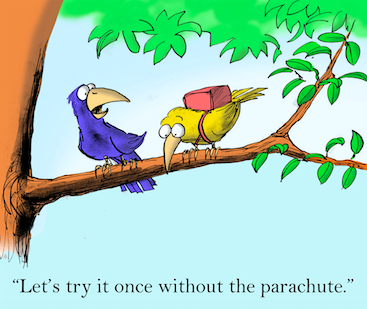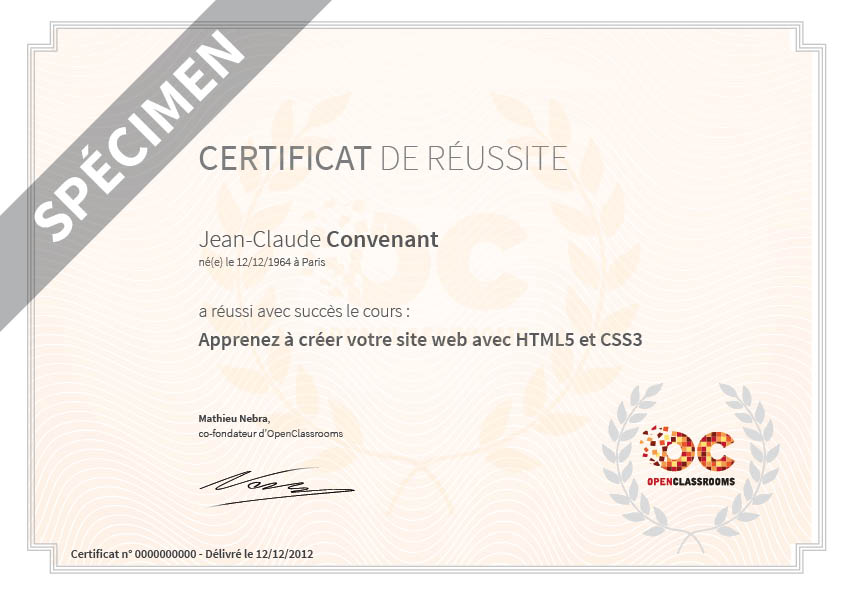Offer to help before asking for help
There are several reasons why starting off by offering help makes more sense.
It generally feels less awkward.
It is a great opportunity to demonstrate your own abilities.
It creates value for others, which builds mutually beneficial trust-based relationships.
Here are some other ways you could create value for people to give you food for thought:
Give your time for free; like volunteering at an industry event. Not only are you helping out, but the event could be a great networking opportunity in itself.
Send a link to a relevant article with a one-line note saying "I read this and thought it might be of interest to you."
If you are focused on a specific industry, sector, or organization, write an article analyzing current trends and future growth opportunities. You can use one document for contacting many people within your chosen field.
Let me share one example of a client for whom this was a winning strategy.
I worked with a research scientist client who wanted to move from academia into a commercial role in business. We first narrowed down the sector she wanted to work in, then a couple of organizations in that field. I encouraged her to use her natural research talents to put together a short white paper on the current challenges facing the industry, and potential solutions. It was easier to selectively contact senior managers in those organizations attaching the document, explaining why she had written it, and asking when might they be available to discuss her report in more detail.
In the end, this one white paper did a lot of good! It achieved the following:
Created a reason to contact senior people in different organisations.
It meant she could offer something of value instead of asking for something.
It allowed her to demonstrate her knowledge of the industry.
It showcased her writing skills.
Furthermore, when meeting someone face-to-face, whether at a networking event or one-to-one over a coffee, giving someone a copy of a report to read makes you a lot more memorable than a business card.
At times, ask for help directly
Of course, rules are there to be broken, including the offer help before asking for help one. There is nothing to stop you from asking for help outright. Some people love being asked. It flatters them. You are saying, "I admire and respect you and what you have achieved."
Ask to become someone's mentee
One form this can take is finding a mentor, who is someone with more experienced than you. This is a person you want to form an ongoing professional relationship with to help your long-term career goals. You want the benefit of their knowledge and experience as well as access to their network.

My own experience is that managers and leaders are more open to becoming a mentor when the potential mentee demonstrates several the following :
They show a high level of ambition.
They have a level of experience behind them.
They can point to specific successes.
They have a long-term commitment to their chosen field.
I will come back to this in Part 3.
Let's recap!
It feels more natural to offer help rather than asking for it.
Everyone has something to offer; their time, contacts, and knowledge.
Rules are there to be broken. People feel flattered when someone asks for their help.
A mentor can give great insights into a career and access to new networks.
We've looked at the different ways you can offer to help other people and highlight your knowledge at the same time. In the next chapter, we are going to look at how to segment and leverage your current network to uncover the contacts with the most potential value.
